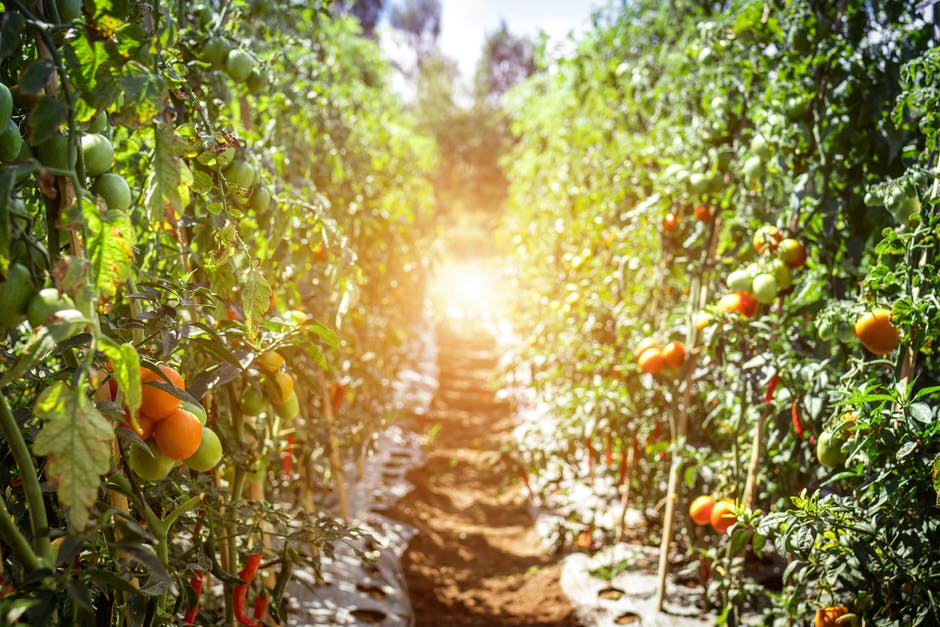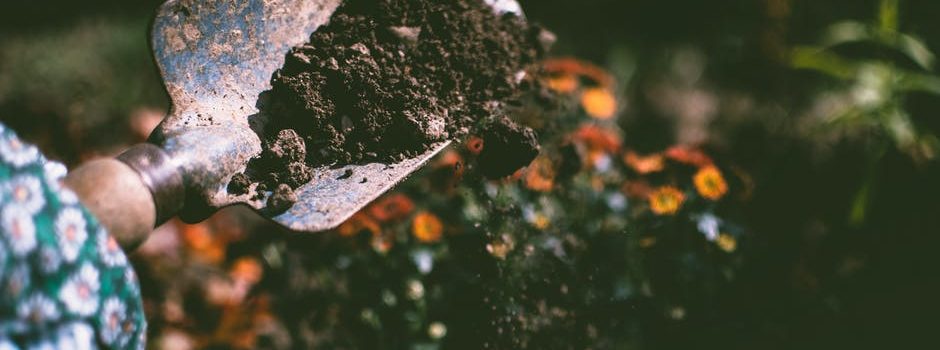
Learning how to implement organic methods into your gardening will express your concern for your health and the environment. This will show that you love your plants and care about their health. That is very admirable. Like any other skills you may have, these are able to be improved. Below are some tips to help.
Involve your children in gardening. Helping a garden grow is an excellent learning experience for kids, and it allows your family to spend time together while creating healthy, nutritious foods.
If you want your children to enjoy your organic garden, plant some tasty strawberries. Your children will enjoy being able to pick strawberries and will be ready to help you if they can get something sweet to eat.
Flower Beds
Use about two to three inches of organic material as mulch in all of your flower beds. Mulch discourages weeds and helps retain moisture while adding nutrients to your flower bed. In addition, your flower beds will have a beautiful, finished appearance year round.
Coffee grounds are good for your soil. The grounds contain essential nitrogen, which will benefit your plants in many ways. Plants need an adequate nitrogen source in order to thrive. Adding coffee grounds, chemical fertilizer, or diluted urea to your soil increases the soil’s nitrogen content and will help to make your plants grow faster, taller and healthier.
Old laundry baskets are handy tools at harvest time. The basket will make a great strainer when you wash your vegetables. Rinse off your produce while it’s in the laundry basket, and any excess water will be strained out through the basket’s holes.
It is more rewarding to have an organic garden even though it is often more work. Although the chemicals may claim greater results, using organic methods to tame your garden will do less harm to your body, and the environment.
Overall, a layer of mulch is beneficial for the soil. Mulch acts as a protective covering for the soil. It protects the plant roots, keeping the ground cool on a hot summer day. It helps the soil retain moisture longer by reducing the evaporation rate. It also doubles as weed control.
Take care not to overwater your plants, as this can prevent the roots from drawing the proper amount of nutrients out of the soil. Before watering plants outdoors, check with some weather stations to find out if it will rain anytime during the day. Depending on the weather, you might want to skip watering for the day.
Any form of gardening helps you get in tune with the environment, but organic gardening takes this concept to the next level. When you do this type of gardening, you will start to have a good idea of the whole process of planting from start to finish.
Research botanical insecticide formulas, as they are often quite effective in eradicating pests. All insecticides are strong, including botanical ones. Natural insecticide are more environmentally friendly, in part, because they decay quickly and become harmless.
A good tip for an organic garden with tomatoes, is to plant an additional set of tomatoes once three weeks have passed since you planted the original ones. Doing this will cause your harvest to come in at differing times, allowing you to gather up the majority of them and cut your losses. If something happens to ruin your harvest, you have time to fix the problem before the next set of tomatoes is due, sparing part of the harvest.
You have what you need and the skills to use these tips when gardening. This is a positive thing. These tips should provide you with a good basis for your gardening. Hopefully you have found at least one new strategy to utilize in your organic garden.
